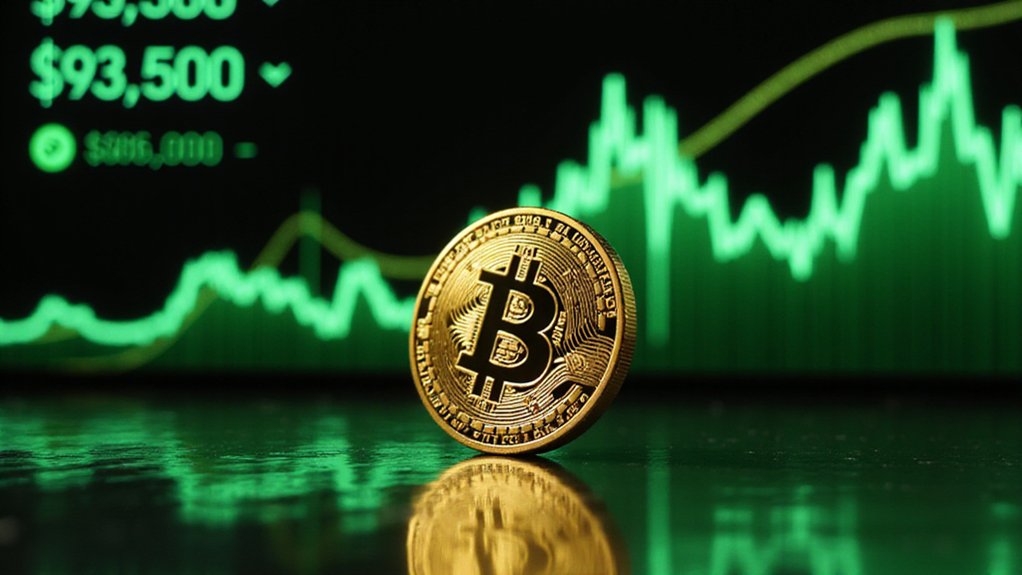Coinbase has launched a multi-pronged legal offensive against the Securities and Exchange Commission, escalating what has become the crypto industry’s most consequential regulatory battle to date. The exchange giant’s confrontation with the regulator underscores the broader tensions pervading the nascent digital asset ecosystem, where innovation frequently collides with regulatory frameworks designed for a pre-blockchain era. Recent dismissal of an SEC enforcement action against Coinbase—following the formation of the Commission’s Crypto Task Force—suggests the tide may be shifting, albeit incrementally. The Third Circuit recently ruled the SEC’s denial of Coinbase’s rulemaking petition was arbitrary and capricious under the Administrative Procedure Act.
The regulatory morass stems largely from what industry participants have dubbed “regulation by enforcement”—the SEC’s penchant for establishing policy through punitive actions rather than transparent rulemaking. Acting Chairman Mark T. Uyeda has emphasized a commitment to transparent policy development over continued enforcement actions. Centralized exchanges like Coinbase operate with corporate control over their platforms while maintaining significant market influence. Coinbase’s petition compelling the Commission to respond to its rulemaking request represents a strategic pivot from defense to offense, leveraging the Administrative Procedure Act as a procedural cudgel. The Third Circuit Court’s recent decision—which effectively castigated the SEC for insufficient reasoning in denying similar petitions—has provided unexpected judicial tailwinds to Coinbase’s campaign.
At stake is not merely Coinbase’s operational latitude but America’s competitive position in the global blockchain arena. While regulatory bodies across multiple states coordinate their oversight efforts, other jurisdictions have implemented bespoke frameworks acknowledging digital assets’ unique characteristics. The classification conundrum—determining when cryptocurrencies constitute securities—remains the Gordian knot at the center of these disputes.
Coinbase’s market leadership position places it at the vanguard of this regulatory dialectic, with its legal maneuvering potentially establishing precedents for the entire industry. The exchange maintains that regulatory clarity would enhance investor protection while enabling innovation—a proposition that seems self-evident yet remains contentious within the Commission’s marble halls. As this legal chess match unfolds, the broader financial ecosystem watches with bated breath, recognizing that the rules established today will shape tomorrow’s financial architecture, for better or worse.
¹Though perhaps not with quite the existential drama the industry’s most vociferous advocates might suggest.




